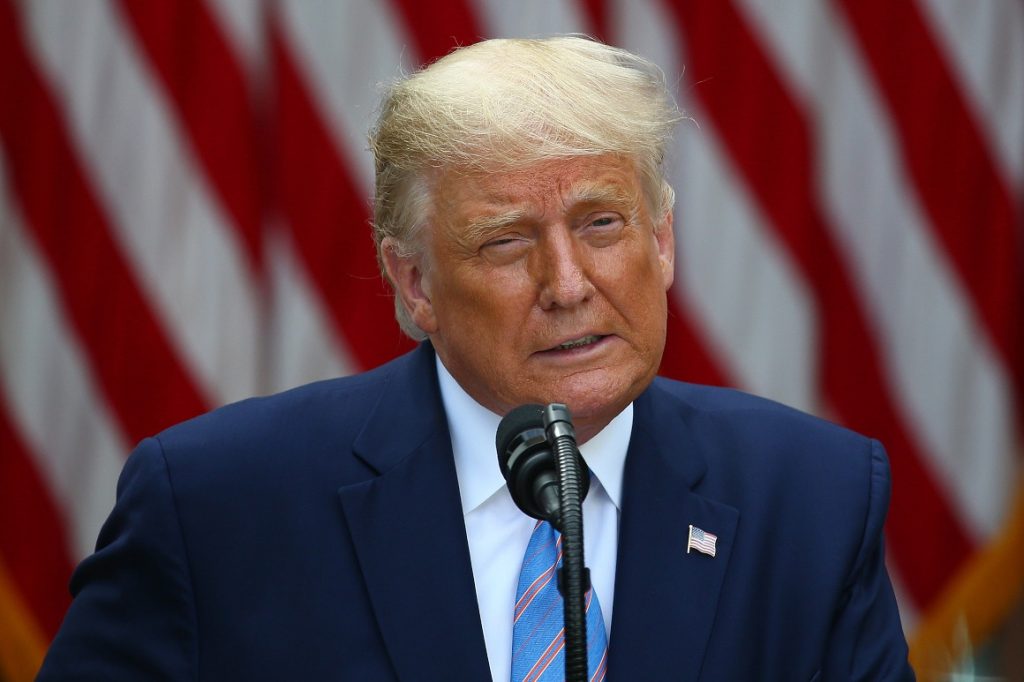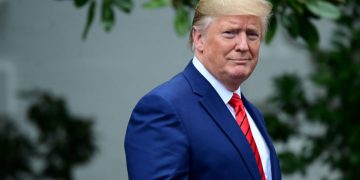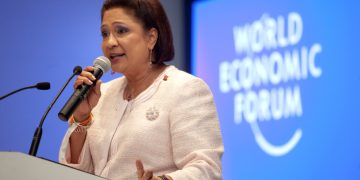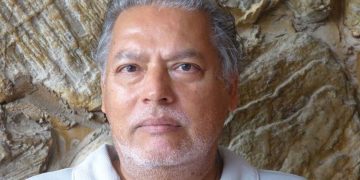As some who has studied American Foreign Policy and commented on US-Guyana relations for the last four decades, relations under the Trump Administration would not change significantly. In fact, Guyana would not figure much in the Administration’s foreign policy unless it becomes a hot spot that impacts American national interests. Guyana’s economic and strategic goals would not change much under Trump. Relations with India, on the other hand, would figure prominently in Trump’s foreign and trade policy.
President elect Trump deserves congratulations on a resounding victory sweeping all seven battleground states and increasing his vote share in virtually every state, winning a majority of the votes cast. Analysts should have expected this landslide when a couple months ago polls were suggesting New Jersey was in play and Trump was making gains in New York, two traditionally strong democratic states and where most Guyanese are settled. It is also noted that a large percentage of Guyanese Americans including half of Indian Guyanese voted for Trump. And the diaspora could or should or would play in role in America’s policy towards their former homeland. Georgetown and New Delhi should approach the diaspora leadership (leaders of community organizations) in America to cement ties with the Bush Administration in order to exercise some level of influence in its relationship towards Guyana and India. Guyana’s relationship with the US and India will grow as the diaspora becomes more active in American domestic politics. Few Guyanese, Indian Guyanese, in particular, are politically active. They should play a more active role in local politics emulating the political behavior of South Asian Indians.

The second Trump presidency underscores a simple setting for Guyana that is marked by increasing oil production and forming protective alliance in which Guyana pays for American protective umbrella with increasing income from oil. The broad strategic trajectory of Guyana-US relations that were started during the waning months of the first Trump Presidency will continue without major deviations, but Trump’s overall policy such as isolationism, protectionism, and paying for a country’s security would impact Guyana. America’s domestic politics, especially on race relations, would also have an impact on governance in Guyana.
Guyana and the diaspora have to be optimistic about the new relationship; they don’t have a choice and will have to find ways to work with the new administration for the next four years even if they are uncomfortable. Guyana is a small player and the relationship is not very complex; support Trump and he won’t upset the status quo. And half of Guyanese Americans support him. The relationship is not expected to undergo significant change in terms of trade, business, geo-political strategy, energy, etc.
Both President Ali and VP Jagdeo felicitated Trump on his victory committing to working with his administration. Guyana will be friendly with Trump; it has no choice. There are opportunities and challenges across various domains in Trump’s US-Guyana relations especially in energy production, defense and security, geo-strategic cooperation in the region, immigration, countering external influence of external powers, among others. The geopolitical landscape continues to favor Guyana if the Guyana government will be willing to increase collaboration with the Trump administration.
Trump will support and encourage oil and gas production – music to the ears of Guyana which wants to speed up extraction of oil and gas. Also, defence and strategic cooperation are likely to deepen with both countries aligning on countering Venezuela’s (Maduro) threat to Guyana’s territory and combating drug trafficking in the region. Freebies to Guyana will be cut and Guyana; with its newly found wealth, Guyana will be expected to borne some expenses on defense and combating drug trafficking. The Trump Administration will encourage Georgetown to purchase American equipment on defense and countering drug traffickers. Trump does not like trade deficits with other countries. He will urge Guyana to buy more American products to counter the imbalance in American oil purchase. Given Trump’s leadership style, no will not be accepted as an answer. Guyana will also be expected to have an open policy on American investment and to prefer American over Chinese companies on varied projects. Trump promises to increase tariffs on unfair traders. But Guyana’s exports to America outside of oil is minimal and will have no impact. However, Trump’s restrictive immigration policies would also be a major challenge to Guyana. Investment visas in America would increase with a simultaneous decrease in other categories of visas.
Georgetown will have to carefully manage relations with Washington under President Trump. Ties between the two countries should and ought to be strengthened. And the Guyanese diaspora in America, the largest in the world, supports closer ties between the two countries. Guyana should tap the diaspora on strengthening ties with the Trump people.





































































